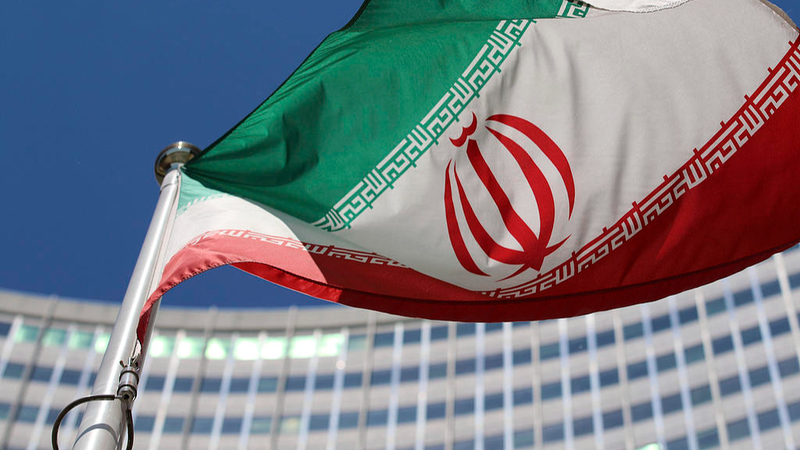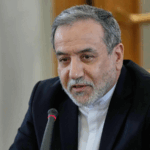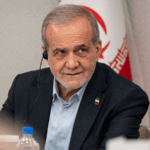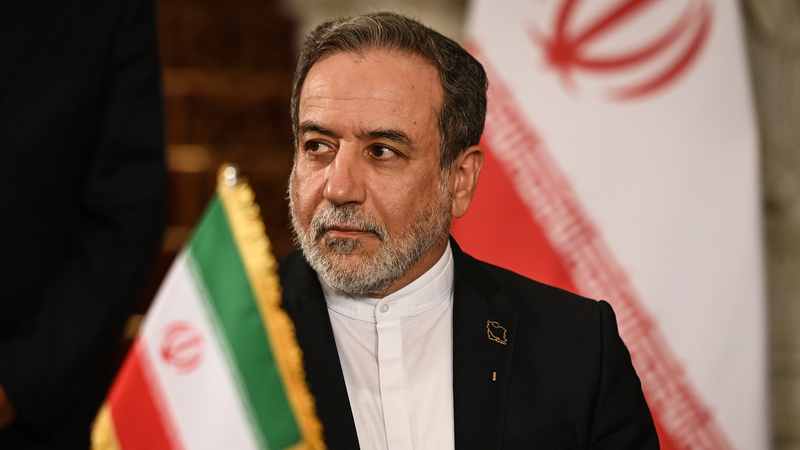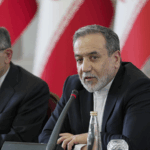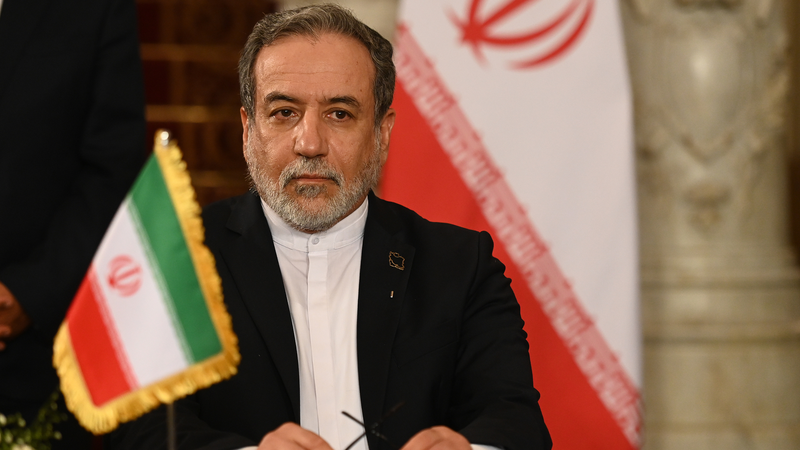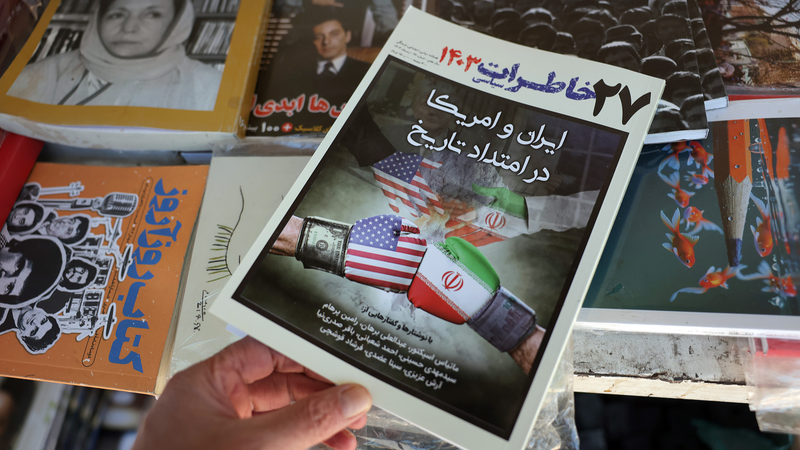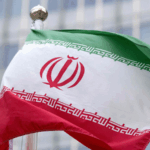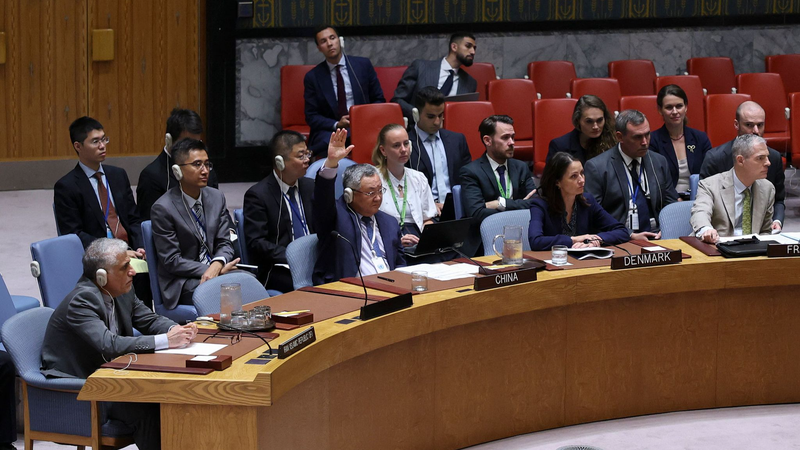The United Nations Security Council will vote Friday on reinstating economic sanctions against Iran over its nuclear program, reigniting global debates about diplomacy and regional stability. European powers Britain, France, and Germany triggered the 30-day "snapback mechanism" in August, citing concerns over Tehran's compliance with the 2015 Joint Comprehensive Plan of Action (JCPOA).
Iranian Foreign Minister Seyyed Abbas Araghchi criticized the move as "without legal or logical justification," while presenting what he called a "reasonable and actionable plan" to European negotiators. The proposed sanctions could take effect as early as next week, though diplomatic channels remain open ahead of the UN General Assembly meeting where Iranian President Masoud Pezeshkian is expected to participate.
JCPOA's Fragile Legacy
The nuclear deal, which offered Iran sanctions relief in exchange for curbing uranium enrichment, has unraveled since the U.S. withdrawal in 2018. Tehran has gradually reduced compliance while maintaining its nuclear program is peaceful. International Atomic Energy Agency reports confirm Iranian cooperation on safeguards despite recent facility attacks, though questions persist about uranium stockpiles.
Diplomatic Crossroads
European leaders have offered to delay sanctions for six months if Iran allows full inspector access and resumes talks with Washington. French President Emmanuel Macron emphasized the urgency, stating: "The latest news we had from the Iranians are not serious." Analysts suggest the UNGA meeting could provide final negotiation opportunities before economic restrictions tighten.
As global markets monitor potential energy sector impacts, the outcome may reshape security dynamics in the Persian Gulf and influence ongoing nuclear nonproliferation efforts worldwide.
Reference(s):
UNSC votes on reimposing nuclear sanctions that Iran called 'cruel'
cgtn.com
